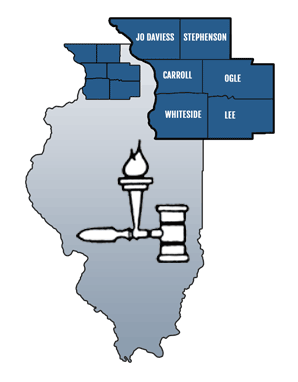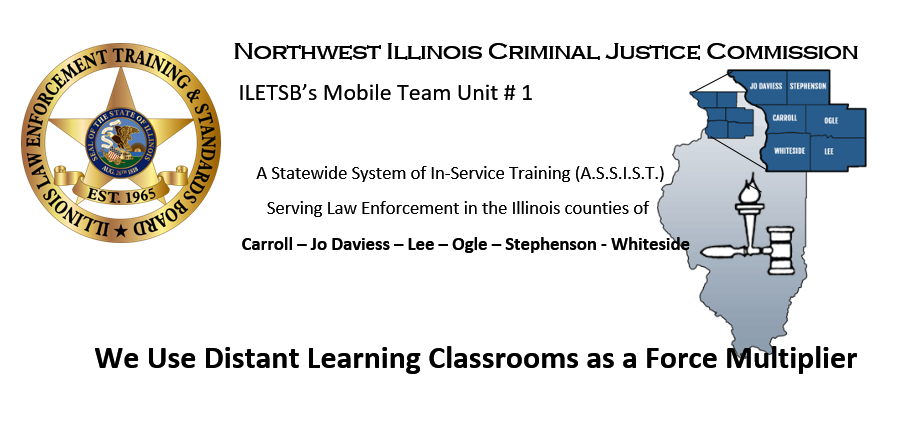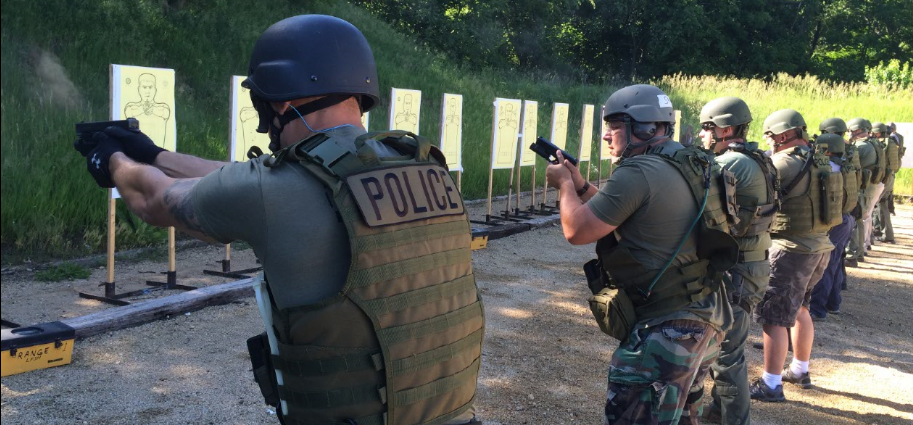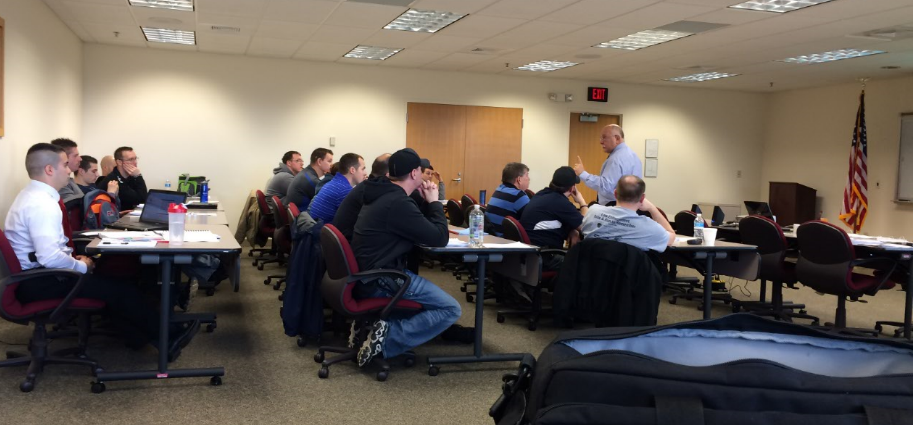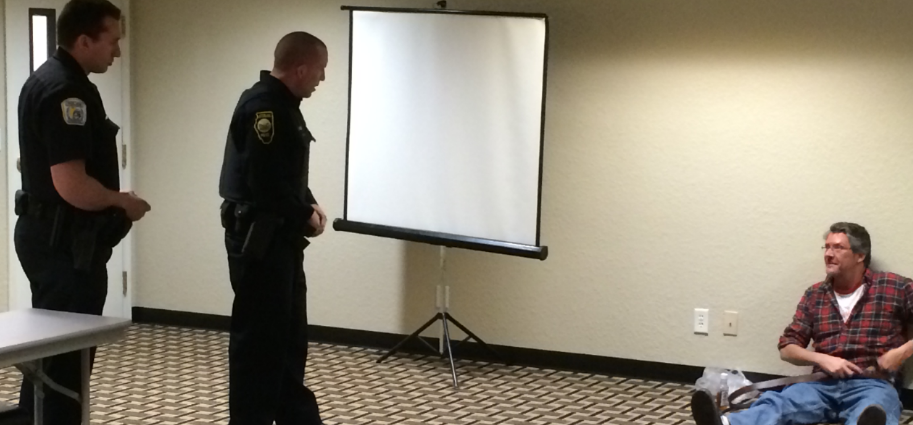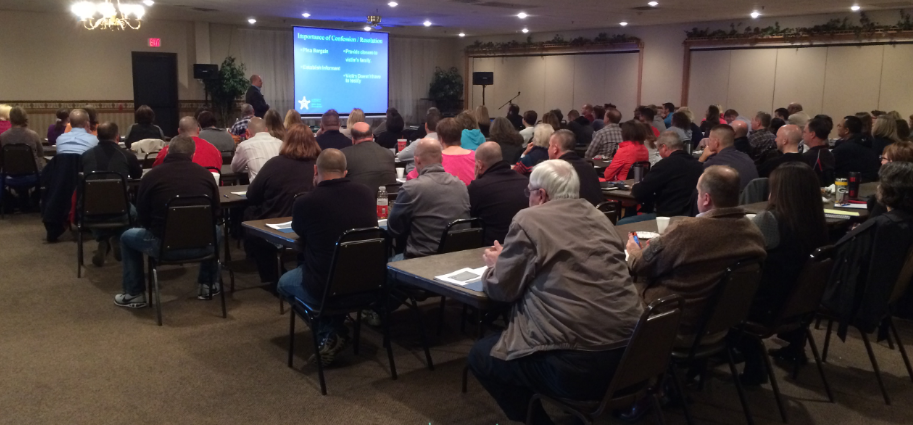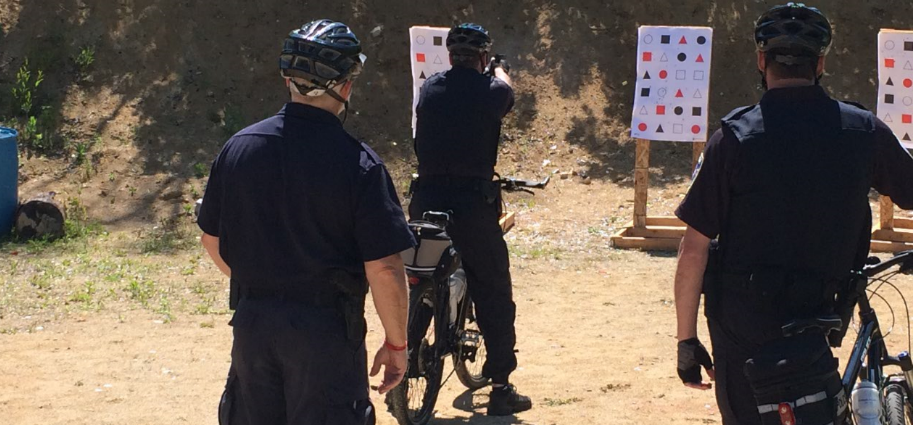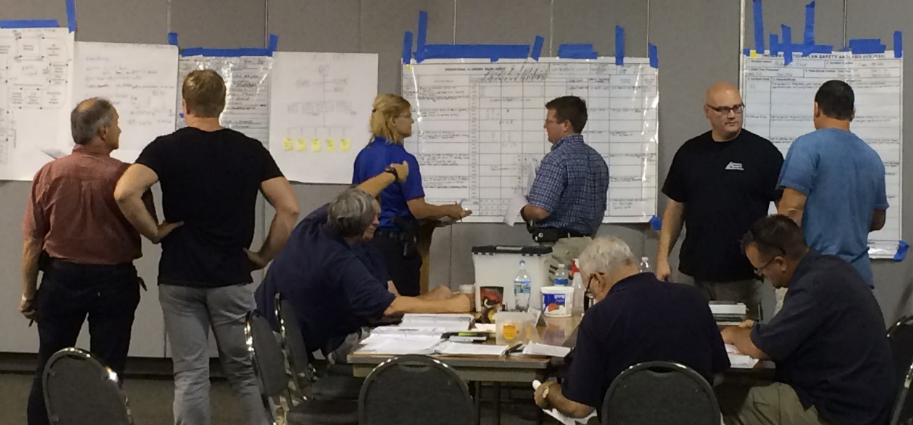Inside the Tape: Patrol Response to the Suspicious Death & Homicide Scene-Dixon
Registration Deadline: Tuesday, February 27, 2024
Time: 8:00 AM - 5:00 PM
Dixon Police Department
Dixon, IL
Members' Fee: $0
Sworn Non-Members' Fee: $0
Non-Members' Fee: $0
DOWNLOAD FILE
This Course has been approved by ILETSB for the following mandates:
Constitutional and Proper use of Authority (1 Hour)
Emergency Medical Response (1 Hour)
Legal Updates (1 Hour)
Procedural Justice (1 Hour)
Officer Wellness and Mental Health (1 Hour)
Reporting Child Abuse and Neglect (1 Hour)
Lead Homicide Investigator Training (7 Hours)
COURSE CONTENT:
Course objective is to train the patrol supervisor, officer, and other first responders how to approach and manage a homicide or suspicious death scene prior to the arrival of scene investigators. This level of management is called assessment and many times most mistakes are made during this phase. Many patrol officers lack the training, experience, and basic understanding of managing the scene of a homicide and avoiding too much traffic and cross contamination awareness, while at the same time establishing safe boundaries that will encompass all the circumstantial evidence. Crime scene management begins with the arrival of the first officer on scene and continues through both scene and homicide investigators. We all have certain responsibilities at various levels of a homicide investigation as it applies to the scene. The most important and often overlooked are the responsibilities of patrol. Know what to do before critical errors and possibly the loss of vital evidence takes place. It has always been a simple rule in homicide investigation; how the initial scene is handled by patrol has a profound effect on the entire investigation. This one-day class is designed to benefit those in patrol so they may understand what role they play not only in the initial securing of a homicide scene, but also provides them with a good understanding of circumstantial evidence recognition, preservation, and documentation.
TOPICS COVERED:
*THE OBJECTIVE MINDSET DURING THE INITIAL RESPONSE
*INITIAL SCENE ASSESSMENT DEFINED BY SOP AND PROTOCOL
*SIGNIFICANCE OF SCENE PRESERVATION / DOCUMENTATION AND ACCOUNTABILITY
*FIRST RESPONDERS INITIAL RESPONSABILITIES
*RESPONSABILITIES OUTSIDE OF THE PRIMARY BOUNDARIES
*CRIME SCENE CONTAMINATION ISSUES AND SOURCES
*THE SUICIDE SCENE
*THE INFANT HOMICIDE SCENE AND SIDS
*RESPONSE TO THE SCENE AND INITIAL SAFETY ISSUES
*ANALYSIS OF THE 911 PHONE CALL
*CURSORY SEARCHING OF THE SCENE AND 4TH AMMENDMENT ISSUES
*ESTABLISHMENT OF PROPER HOMICIDE SCENE BOUNDARIES
*RECOGNITION OF THE PRIMARY VS. THE SECONDARY CRIME SCENE
*HANDLING OF CIRCUMSTANTIAL EVIDENCE DURING CURSORY SEARCHING
*EVALUATION OF CIRCUMSTANTIAL EVIDENCE CATEGORIES AND RECOGNITION
*PRESUMPTIVE I.D. OF THE VICTIM AND SIGNS OF DEATH
Instructor:
Investigator David Newman is retired from the Norfolk Police Department after 23 years of service. His experience in Norfolk includes over 15 years in the bureau serving both in homicide & forensics and involvement in over 350 death investigations and high-profile homicides.
Between January and December of 2000 David Newman served as the lead investigator in over 19 homicides and was awarded Investigator of the Year by the Norfolk Police and VFW for that year. He also had the privilege to work with and learn from several outstanding prosecutors both from and outside of the City of Norfolk Prosecutors Office. Some include John Doyle, Jimmy Entas, Phillip Evans and also Paul B. Ebert and Richard A. Conway who were instrumental in the successful prosecution of John Muhammad in Virginia Beach.
David Newman attended over 200 hours of advanced death investigation training while serving with the Norfolk Police which included the Southern Police Institute, the International Homicide Investigators Association, the Virginia Homicide Investigators Association, the International Association for Identification, which he still remains a member of, the Naval Criminal Investigative Service on Cold Case Investigation and the Virginia State Division of Forensic Science.
While serving in forensics he has handled over 2300 cases and crime scenes including an additional 45 homicide investigations. Investigator Newman received his bachelor’s degree from Old Dominion University in 1986 in criminal justice, and has lectured over 3000 hours to law enforcement agencies across the country on the topic of homicide investigation and its related forensic applications. His courses began in 2001 at the request of outside agencies and have been taught in conjunction with the Virginia State Division of Forensic Science and the Office of the Chief Medical Examiner.
Investigator Newman also instructs basic and advanced forensics at Thomas Nelson College in Virginia, equivocal death scenes at the Virginia State Division of Forensic Science Academy and is a qualified expert in death investigation and its related forensic fields which include bloodstain pattern interpretation, gunshot residue and trace, wound pattern interpretation and post-mortem interval and crime scene event reconstruction. He has provided hundreds of hours of expert testimony in criminal trial proceedings and is a nationally recognized speaker and authority on this subject.
THIS IS NOT A PUBLIC MEETING


